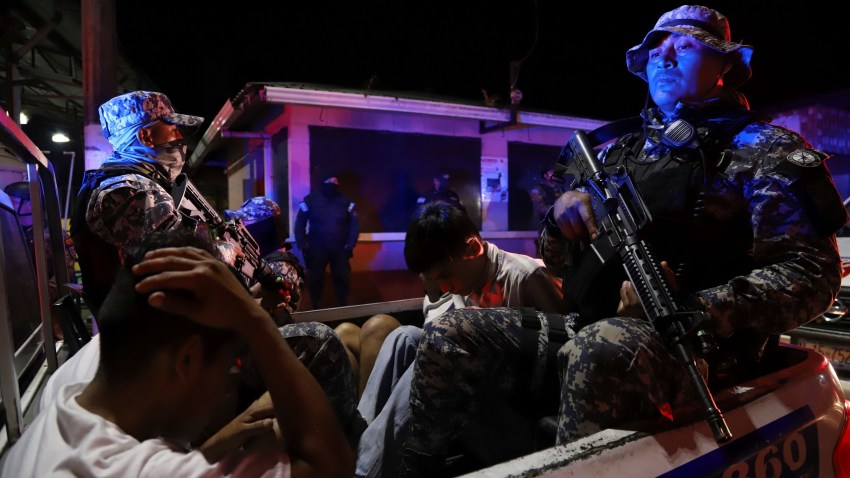SAN SALVADOR, El Salvador—This July, the family of Julio Cesar Mendoza received a visit from an employee of a private funeral home in San Salvador, El Salvador’s capital, who told them that Julio’s body was in the Institute of Forensic Medicine’s morgue there. The 25-year-old had been working as a delivery man to make ends meet in the low-income and violent community where he lived in Santa Ana province, in El Salvador’s western coffee region. But Julio was one of the over 58,000 people who have been accused of being gang members and arrested since March, when the government of President Nayib Bukele declared a state of emergency and suspended fundamental rights in the name of the “war against gangs.”
Julio’s family was never contacted by any official to inform them that he had died in the La Esperanza prison on the outskirts of San Salvador. When they contacted the Institute of Forensic Medicine, they learned that the official cause of death was “strangulation,” despite the fact that Julio’s body showed evidence of a blow to the head and three wounds in the abdomen, in addition to three broken ribs and a broken leg. Meanwhile, the Public Prosecutor’s Office did not present any evidence to justify Julio’s arrest, nor did it link him to a member of any criminal or organized crime group.
As horrific as Julio’s case is, he is just one of thousands of people who has been gratuitously detained, and in many cases tortured and murdered, in a period that has become reminiscent of El Salvador’s violent civil war from 1980 to 1992, when the Salvadoran state and its military acted with similar impunity.

